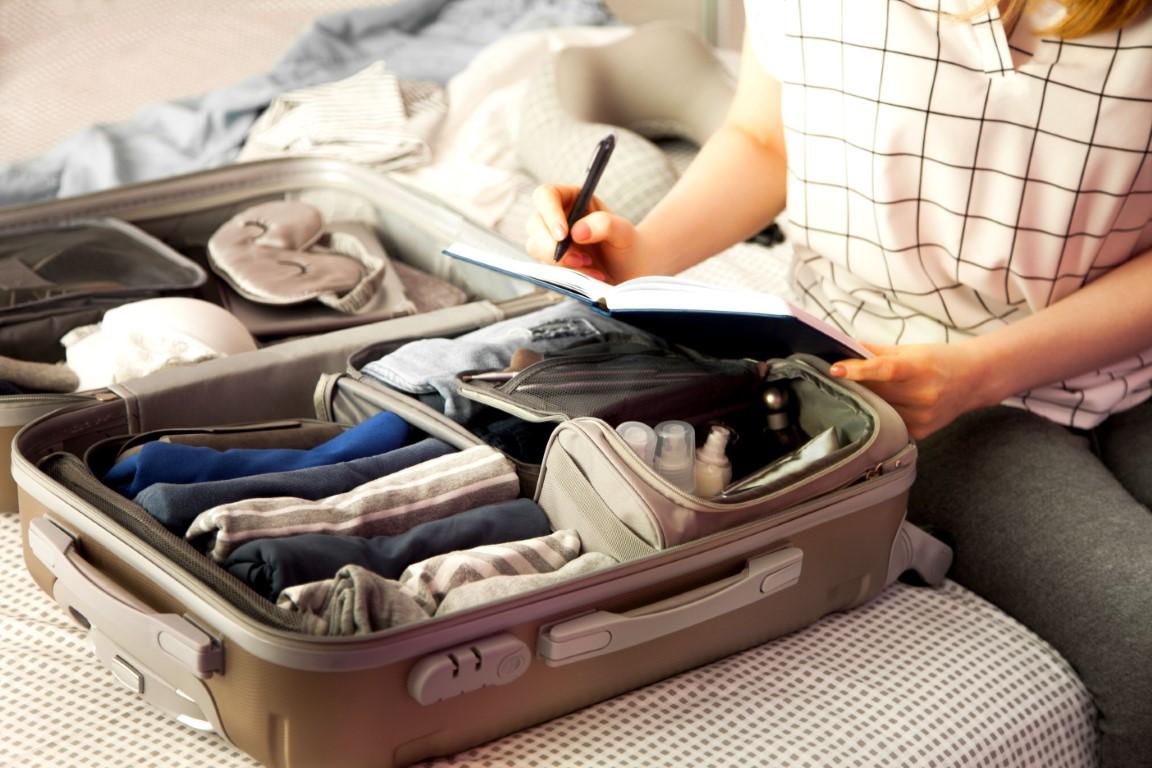Joining the community of expats in Switzerland will grant you excellent quality of life. You will be able to enjoy modern cities, natural areas, and a high level of comfort.
If you are thinking about working, the salaries there are higher than in most places. But all these benefits come at a cost: the prices are also high.
In this article, you are going to find some information about the requirements you need to fulfill for living in Switzerland as an expat. Also, important details about the health insurance for foreigners.
How to Expatriate in Switzerland?
Living in Switzerland as an Expat: Legal Requirements
No visa is necessary to move to Switzerland if you are a European citizen. A national identity card or a passport is enough.
On the other hand, expats need a residence and a work permit. The type of document depends on your situation:
L Permit
The L Permit is valid for 12 months and is renewable. It is intended for EU nationals in the following situations:
- Workers with an employment contract of less than one year
- Job seekers.
B Permit
The B Permit is valid for up to 5 years and is renewable. It is for EU nationals:
- Employees with a contract of more than 12 months
- People who are not working and have sufficient financial means.
C Permit
The C Permit is valid indefinitely. It is intended for expats in Switzerland who can prove 5 years of uninterrupted residence.
Residence Permit for Students
Students enrolled in a Swiss institution will have a permit valid for the duration of their course, delivered if they have:
- Sufficient financial means
- Health insurance.
Residence Permit for Retirees
Retired people are granted a permit valid for 5 years and renewable on the condition that they:
- Have sufficient financial means
- Have international health insurance for Switzerland.
The spouse and children of the expatriate have the same residence permit as the expatriate.
Other Important Steps for Living in Switzerland as an Expat
Other administrative obligations must be respected to become an expat in Switzerland.
One of the most important is to report the move to the tax authorities to avoid double taxation.
An expatriate in Switzerland generally loses his status as a tax resident in their country.
They fall under Swiss law. However, sums may still be due in France, for example for owners of real estate.
Another step not to be neglected is to exchange your driving license for a Swiss one. After 3 months of residence, the foreign driver’s license does not give the right to drive in the country.
Depending on where you come from, you might need to get a new license in Switzerland.
Working and Studying in Switzerland
The Job Market for Expats in Switzerland
The Swiss unemployment rate is among the lowest in the world, and salaries are high.
However, for expatriation to Switzerland to be successful, you must have high skills and qualifications. Competition is fierce.
Good command of French, German or Italian is a definite advantage in finding a job. And to benefit from the best opportunities, it is best to focus on certain high-potential sectors:
- Health: general nurses, geriatrics, psychiatry, anesthesia
- Watch industry: particularly dynamic, for qualified and specialized profiles
- Chemical and pharmaceutical industries: a rapidly developing sector, the country’s main recruiter
- New technologies: all major international companies have branches in Switzerland
- Consulting and business services: here too, all the major international groups are represented.
Schooling an Expatriate Child in Switzerland
Expats in Switzerland with kids or teenagers don’t need to worry. The school and university systems are excellent.
It is possible to send your children to a local school. But there are also international primary and secondary schools in the country’s major cities.
There is a wide range of higher education programs available to pursue your studies during your expatriation to Switzerland.
However, some specialties are only accessible to foreigners if they are already living in the country. This is the case for medical studies.
Depending on the field there are also quotas and language or aptitude tests.
Health Insurance in Switzerland for Foreigners
Compulsory Medical Insurance for Expats in Switzerland
There is no need to worry about your health when you move to Switzerland. The country benefits from excellent infrastructures, offering high-level care.
But this excellence comes at a cost, among the highest in the world.
Living in Switzerland as an expat requires you to affiliate with the local health insurance system (LaMal). You have to choose an insurance company within the first three months of settling in.
Only students and retirees covered by private insurance as well as seconded workers are exempt from this obligation.
International Health Insurance in Switzerland: the Expatriate’s Ally
The best way of getting health insurance in Switzerland for foreigners is to subscribe to an international private policy. This will grant you full reimbursements and extended coverage.
It is also possible to subscribe to a supplementary package or an insurance “from the 1st euro”.
The last one will also cover you out of Switzerland when you travel to your home country or any other destination.
You should be careful when choosing. Not all companies offer coverage for expats in Switzerland.
The easiest way to choose is to use an online comparison tool. It will provide you with detailed quotes of the available offers.







